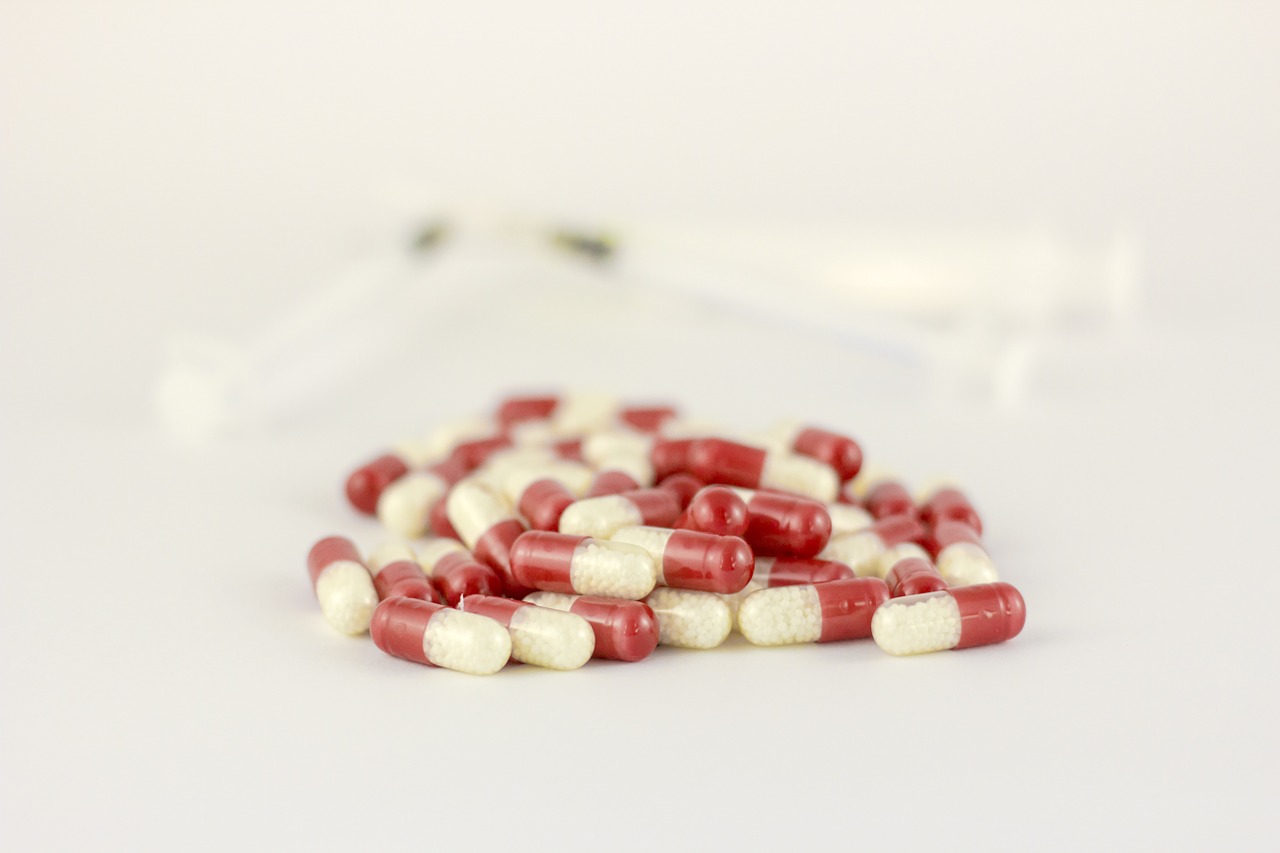Podcast: Play in new window | Download (Duration: 14:56 — 13.7MB) | Embed
In this episode, I discuss loperamide (Imodium) pharmacology, adverse effects, and drug interactions.
Loperamide has opioid-type activity in the gut but has extremely low oral bioavailability. This allows it to be used for diarrhea but at lower doses won’t cause systemic opioid-like effects.
Loperamide abuse has been reported. Excessive dosages can increase the risk of cardiac arrest and other cardiovascular concerns.
Medication causes of diarrhea should be ruled out prior to starting a medication like loperamide. I discuss numerous medications that can cause diarrhea in this podcast.
Be sure to check out our free Top 200 study guide – a 31 page PDF that is yours for FREE!
Support The Podcast and Check Out These Amazing Resources!
Meded101 Guide to Nursing Pharmacology (Amazon Highly Rated)
Guide to Drug Food Interactions (Amazon Best Seller)


